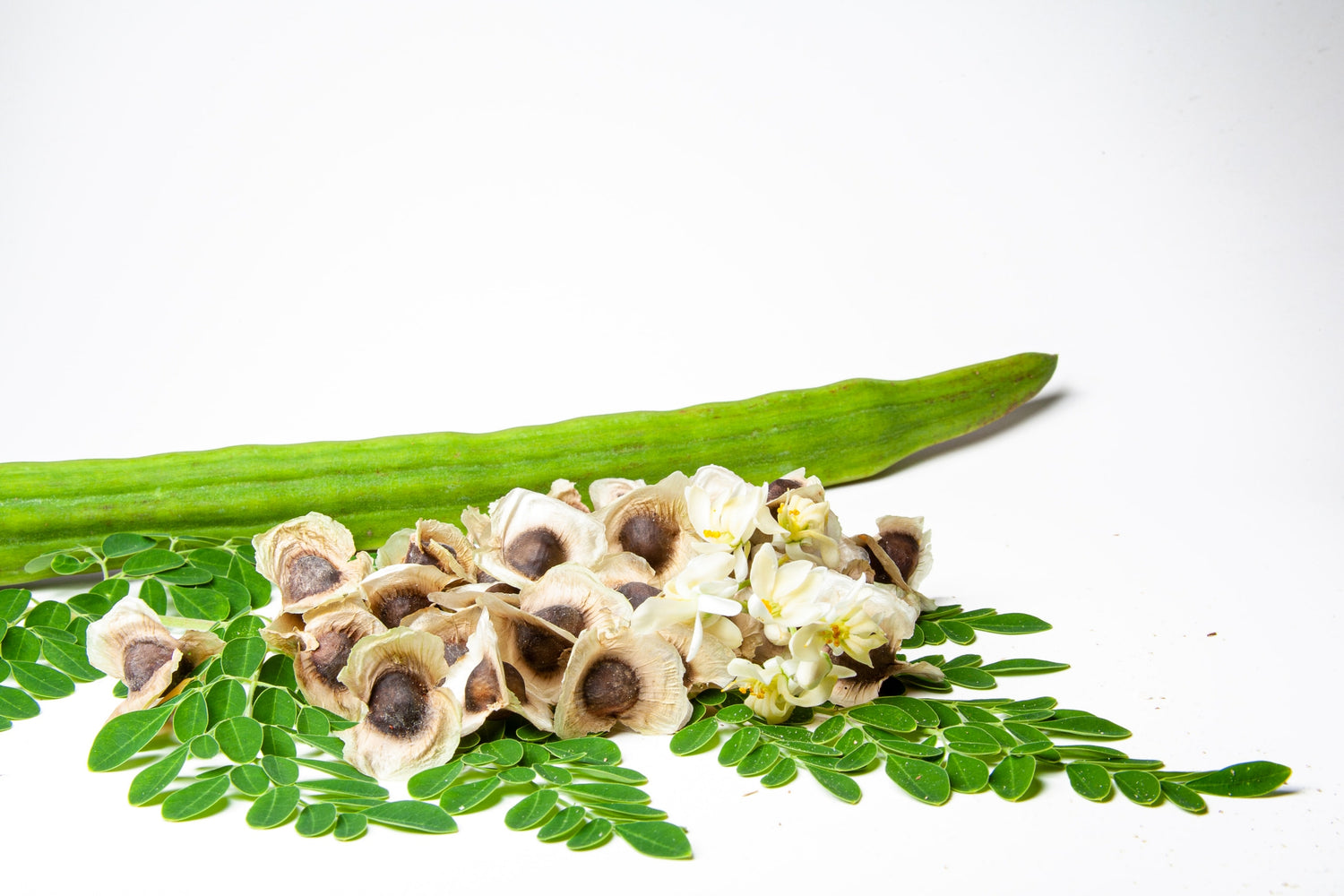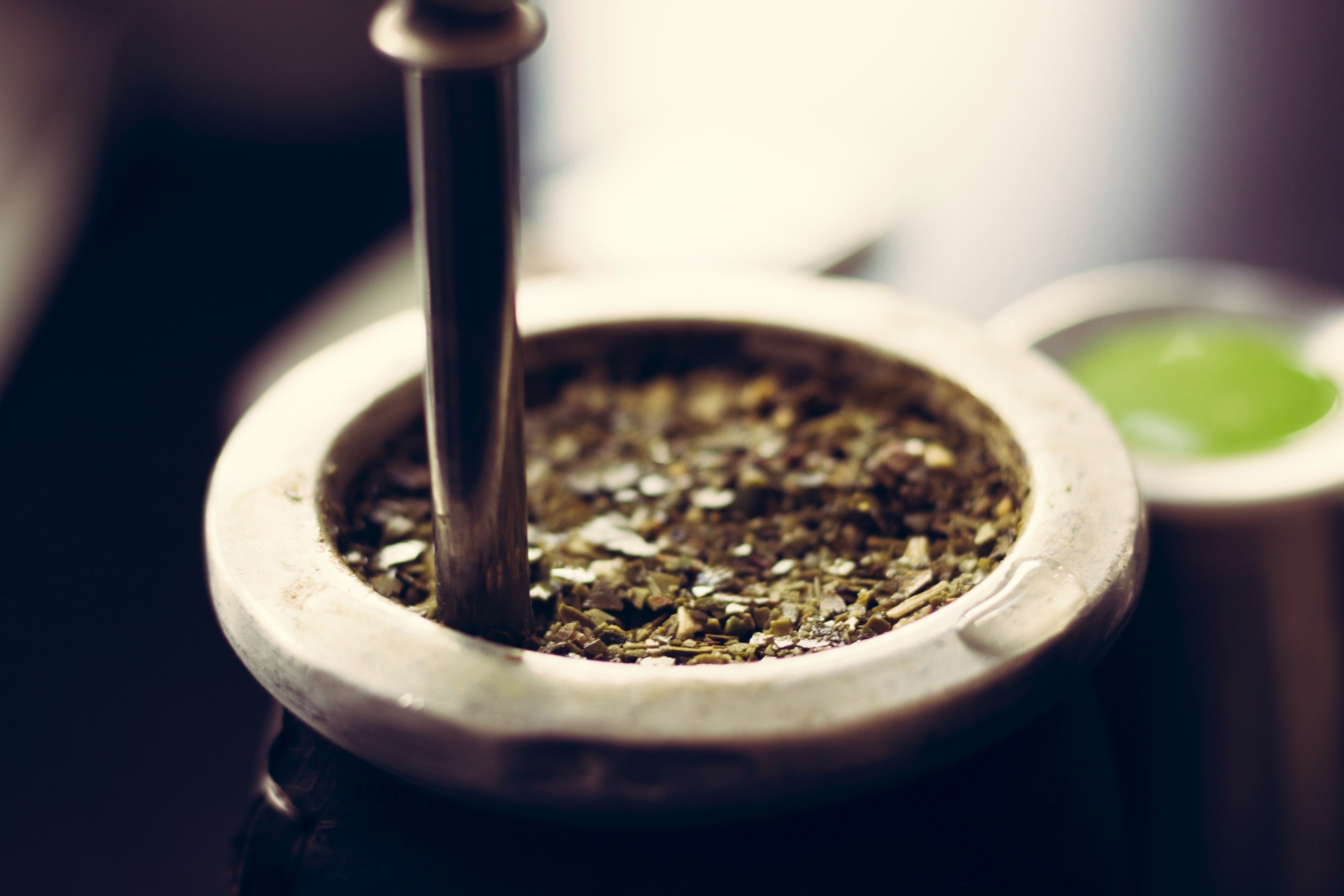For centuries, people have consumed the nutrient-rich moringa plant as food, drink, and medicine. While several species of moringa are native throughout Africa and Asia, Moringa oleifera — native to the Himalayan foothills and grown widely across South Asia and beyond — is aptly called the “miracle tree” or “tree of life,” as it contains properties that can help prevent inflammation, diabetes, malnutrition, and liver damage.
In Sri Lanka, the plant is a valued part of Ayurvedic medicine, and moringa seed pods are regularly used in curries and the plant’s roots and barks are used for the treatment of gout and arthritis. Likewise, in the West, moringa powder, oils, and teas have risen in popularity, and are used to help reduce blood sugar and cholesterol levels.
Like so many people across the world, at Kola Goodies we recognize the power of this incredible plant, and use it in products that speak to our Sri Lankan experience, like in our superfood drink, Super Green Latte.
Moringa's Drought-Resistant
When folks say, “Moringa plants don’t die,” they’re barely exaggerating. Low-maintenance perennials, moringa requires limited care and water to grow quickly and abundantly. They can reach a height of 25-to-35 feet in a single growing season!
In addition to being easy to grow, many farmers plant moringa to improve the quality of soil, both directly and indirectly. The deep-rooted plants can benefit the earth in which they’re grown, and their mineral-rich leaves may be used as solid or liquid fertilizer or foliar spray.
Moringa plants also adapt well to different soil types, and can be sown directly into the ground. With the ability to withstand extreme temperatures as high as 118°F, moringa is a drought-tolerant plant that has the ability to thrive despite increasing water scarcity worldwide.
Moringa's Packed with Nutrients
Moringa’s status as a superfood is supported by a wealth of traditional experience and academic research. According to the Sri Lankan Export Development Board, “moringa leaves contain 17 times more calcium than milk and 25 times more iron than spinach. Their beta carotene content is 10 times as much as that of carrot,” in addition to minerals like potassium, protein, zinc and vitamins A, B-complex, C, and E.
The plant is also hailed for its antioxidant properties, which can help prevent cell damage, keep body organs high-functioning, and possibly even fight cognitive decline. In addition, promising studies suggest that moringa leaf extracts support memory and neurotransmitter balance, which may also lead to lower chances of dementia and Alzheimer’s.
As Sri Lanka’s sovereign-debt crisis cripples its economy, the scarcity of food is likely to spark a new wave of child malnutrition. To mobilize resources for Sri Lankans in need, Kola Goodies has initiated a Sri Lanka Crisis Relief to mobilize resources. We also acknowledge moringa — a cheap, readily available nutritional powerhouse — as part of an effective solution to malnutrition.




Leave a comment
This site is protected by hCaptcha and the hCaptcha Privacy Policy and Terms of Service apply.